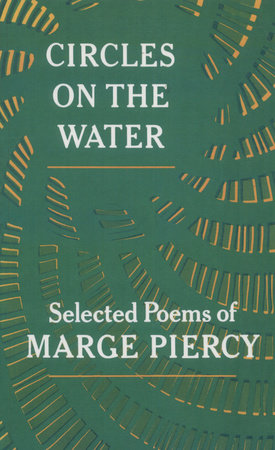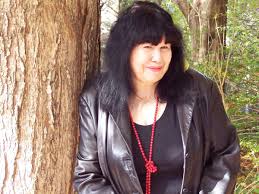When I started ‘work thoughts’ in 2015, I included a poem each Friday to allow the reader to step away from their daily workplace and gain a perspective of work through the words of various artists. To my surprise, looking back, the most searched topic on this site has been the poetry.
Sales for books of poetry have been increasing since 2019, with the majority of purchases in the ‘under-34’ demographic. “Poetry experts say that the pandemic, along with the social unrest the country has been experiencing, could have something to do with it..”
“We’ve been reminded during this time that poetry is an art form that people turn to in times of crisis for comfort and courage… “
Jennifer Benka, president and executive director of the Academy of American Poets
The selection this week is a reflection on work and recognition. Poet Marge Piercy (the first ‘Friday Poet’ considers her own profession as a writer, while offering advice ‘For the young who want to’. Her thoughts are equally relevant to each of us following our own unique calling.
For the young who want to
Talent is what they say
you have after the novel
is published and favorably
reviewed. Beforehand what
you have is a tedious
delusion, a hobby like knitting.
Work is what you have done
after the play is produced
and the audience claps.
Before that friends keep asking
when you are planning to go
out and get a job.
Genius is what they know you
had after the third volume
of remarkable poems. Earlier
they accuse you of withdrawing,
ask why you don’t have a baby,
call you a bum.
The reason why people want M.F.A.’s,
take workshops with fancy names
when all you can really
learn is a few techniques,
typing instructions and some-
body else’s mannerisms
is that every artist lacks
a license to hang on the wall
like your optician, your vet
proving you may be a clumsy sadist
whose fillings fall into the stew
but you’re certified a dentist.
The real writer is one
who really writes. Talent
is an invention like phlogiston
after the fact of fire.
Work is its own cure. You have to
like it better than being loved.
Marge Piercy, ‘Circles on the Water: Selected Poems’ (NY: Alfred A. Knopf, 1982)

Photo credit: BillMoyers.com ‘Sounds of Poetry’ 1999














